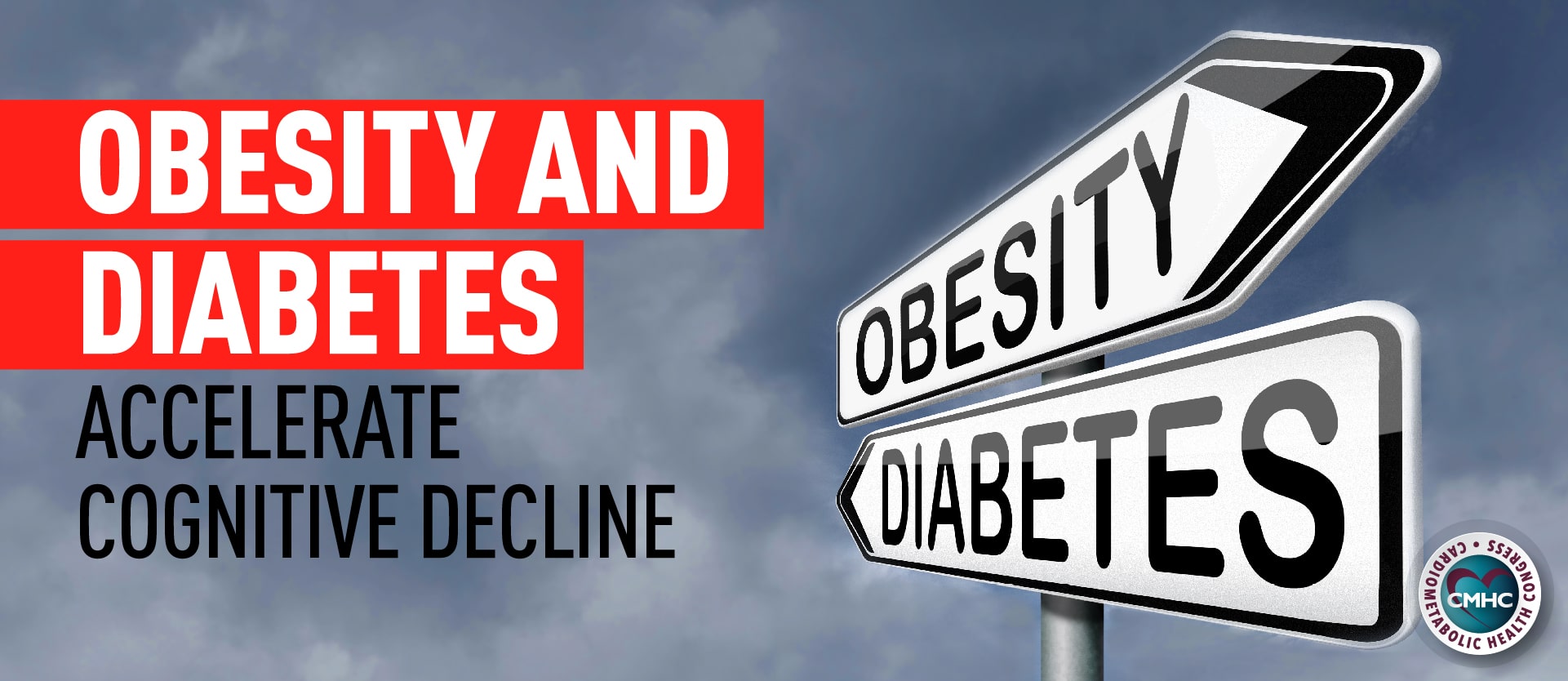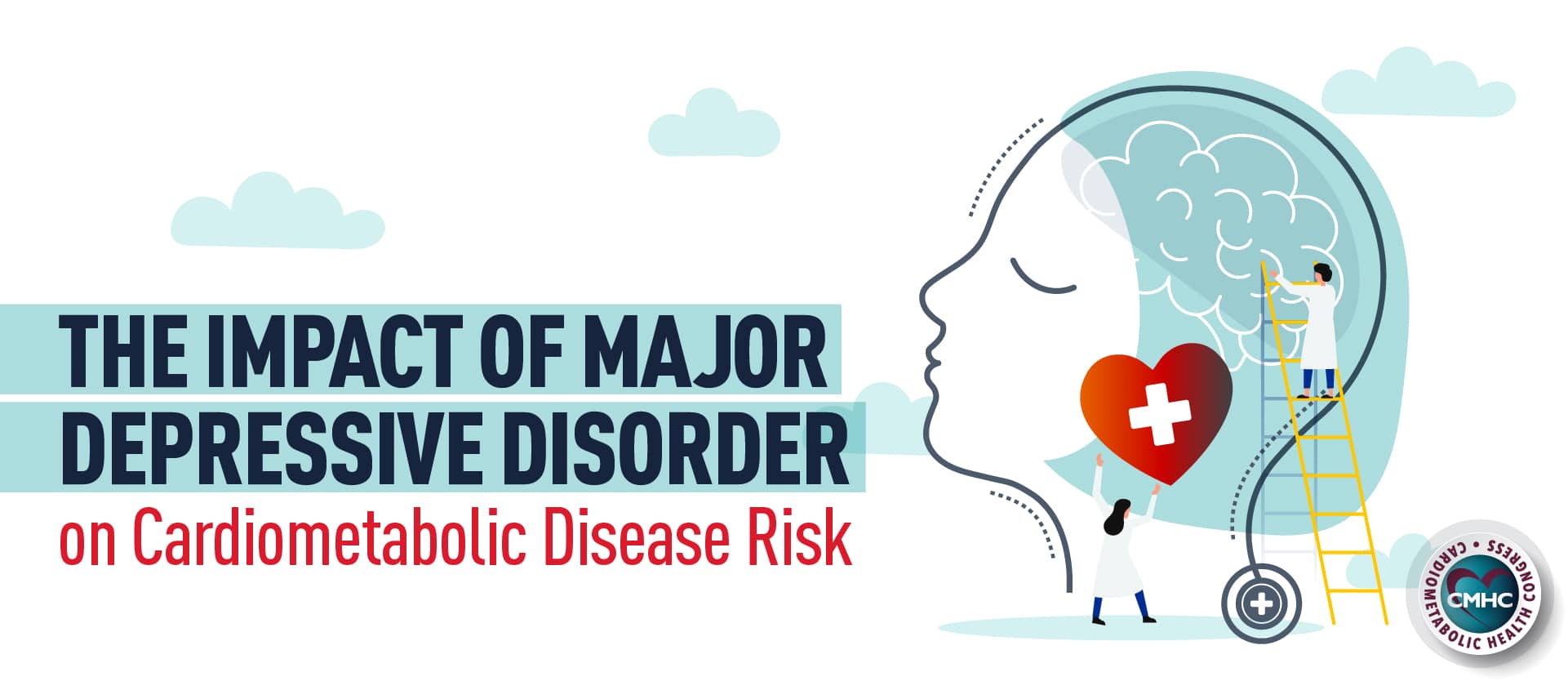While the wide-ranging adverse health effects of obesity are well-known, recent evidence reveals that higher BMI levels may be associated with cognitive decline – in particular, in older adults. In addition, sustained elevated glucose contributes to many adverse health consequences, increasing risk for heart disease stroke, kidney disease, vision and nerve problems and can also lead to cognitive decline in older patients, according to new research published in Journal of the American Geriatrics Society.
Diabetes is a consistent risk factor for cognitive decline and dementia in both midlife and later life, which when coupled with obesity can raise the risk of poor physical and mental health outcomes. Long-term prior research indicates that diabetes, high blood pressure, and high BMI should be examined together to determine their contribution to adverse cognitive outcomes.
Assessing the Role of Metabolic Markers
In a ten-year prospective population-based cohort study, a team of researchers led by Mary Ganguli, MD, MPH, investigated the potential mechanisms underlying the well-established association between diabetes and obesity along with its relationship to cognitive decline. They evaluated a cohort of 478 individuals aged 65 years or above by analyzing fasting blood markers of glycemia (glucose and hemoglobin A1c), insulin resistance (insulin and homeostatic model assessment of IR), obesity (resistin, adiponectin, and glucagon-like peptide-1), and inflammation (C-reactive protein). The team modeled the metabolic indices as predictors of the slope of decline in global cognition, conducted multivariable regression analyses, and stratified by sex-specific median waist-hip ratio (WHR). Results were adjusted for sex, education, age, APOE-4 genotype, WHR, depressive symptoms and systolic BP.
Obesity, Diabetes Associated with Cognitive Decline
Dr Ganguli and her colleagues found that HbA1c measures were significantly associated with cognitive decline in those with higher waist-hip ratios in the entire sample – the connection persisted in participants with higher WHR after stratifying by median WHR. Conversely, metabolic indices were not associated with cognitive decline in participants with lower WHR.
Further, the team found that individuals under the age of 88 with abdominal obesity were more predisposed to faster cognitive decline in the presence of even mild hyperglycemia. In participants under the age of 87, faster cognitive decline was associated with adiponectin of 11 or greater in those with lower WHR as well as with an HbA1c measure of 6.2% or greater in those with higher WHR. The study also introduces evidence of the hormone adiponectin as a likely novel risk factor for cognitive decline in older adults under the age of 87 without abdominal obesity, the researchers reported.
Dr. Ganguli and her team’s results reveal that even mild degrees of hyperglycemia can independantly predispose individuals under the age of 88 with abdominal obesity to faster cognitive decline. Those below the age of 87 without central obesity may be more affected by the novel independent risk factor adiponectin. Their findings indicate that abdominal obesity can significantly affect neurological health in individuals under the age of 87, however, after that threshold there seems to be no correlation between diabetes, obesity, and cognitive decline.
“Clinicians need to pay more attention to abdominal obesity and be concerned about prediabetes in those individuals,” Ganguli told Healio Psychiatry. “In those who don’t have abdominal obesity, we should perhaps pay more attention to unexplained weight loss. I’d like to see the adiponectin relationship be investigated further before saying adiponectin should be measured in the clinical setting.”








